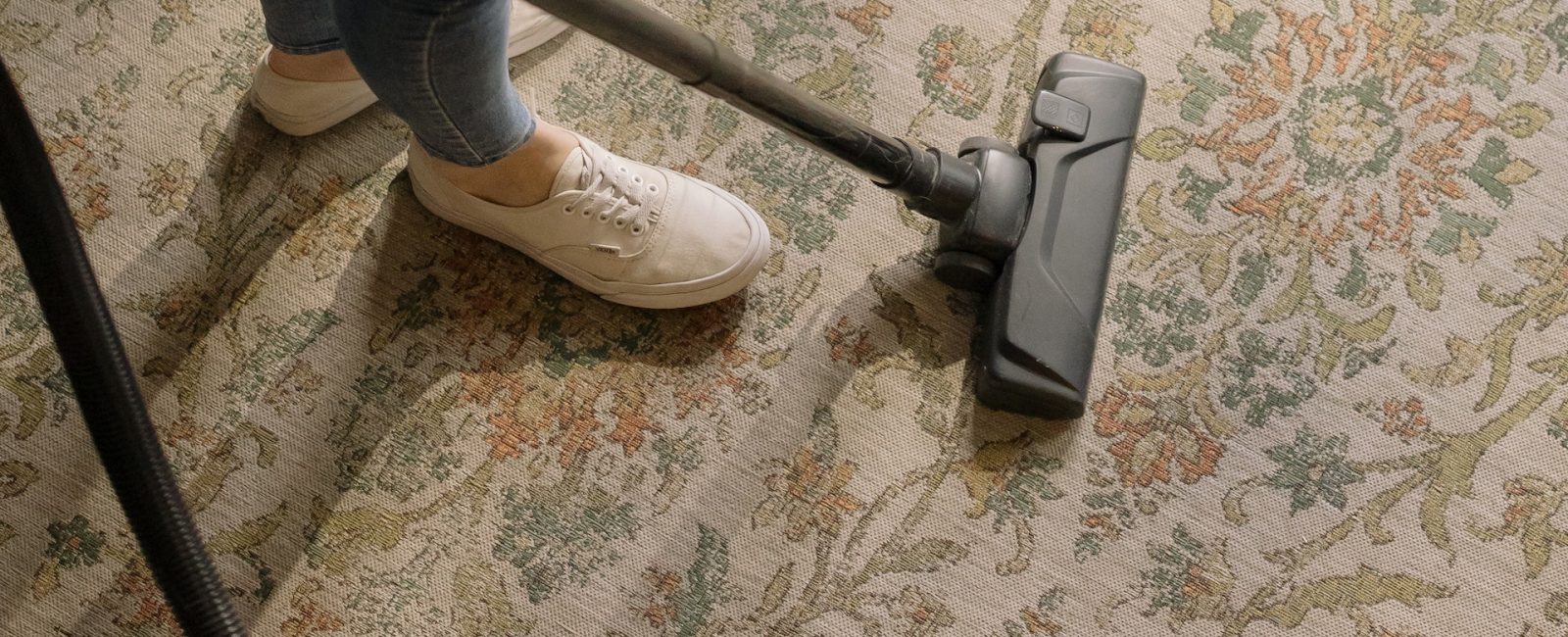Are you looking to transform your outdoor spaces or revamp the appearance of your property? Pressure washers can be your secret weapon! In this comprehensive guide, we will dive deep into the world of pressure washers, exploring everything you need to know to make an informed decision.
Are you looking to transform your outdoor spaces or revamp the appearance of your property? Pressure washers can be your secret weapon! In this comprehensive guide, we will dive deep into the world of pressure washers, exploring everything you need to know to make an informed decision.
Introduction to Pressure Washers
Pressure washers have become essential tools for homeowners and professionals alike. They utilize high-pressure water to clean and remove dirt, grime, and stains from various surfaces. From driveways and decks to cars and fences, a pressure washer can make your cleaning tasks a breeze.
Types of Pressure Washers
There are primarily two types of pressure washers: gas-powered and electric. Let’s take a closer look at each:
1. Gas-Powered Pressure Washers
Gas-powered pressure washers are known for their robust cleaning power. They are ideal for heavy-duty tasks and are often used in commercial settings. Here are some key features:
- High Pressure: Gas-powered washers generate higher pressure, making them suitable for removing tough stains.
- Portability: They are not limited by electrical cords, providing greater mobility.
- Loud Noise: These machines tend to be noisier compared to electric models.
- Maintenance: Regular maintenance, such as oil changes, is required.
2. Electric Pressure Washers
Electric pressure washers are favoured for their ease of use and versatility. They are suitable for a wide range of home cleaning machine needs. Here’s what you need to know:
- Lower Pressure: Electric models have less power but are still effective for most household tasks.
- Quiet Operation: They produce minimal noise, making them more neighbour-friendly.
- Eco-Friendly: Electric pressure washers are generally more environmentally friendly.
- Low Maintenance: They require less upkeep compared to gas-powered counterparts.
Key Considerations
When choosing a pressure washer, keep these factors in mind:
- PSI (Pounds per Square Inch)
PSI measures the pressure produced by the washer. Higher PSI values are better for tougher cleaning tasks, while lower PSI is suitable for delicate surfaces.
- GPM (Gallons per Minute)
GPM indicates the water flow rate. A higher GPM means faster cleaning, but it also consumes more water.
- Nozzle Attachments
Different nozzles offer varying spray patterns. Choose the right nozzle for the specific cleaning job to avoid damage.
- Detergents
Some pressure washers come with detergent tanks for more efficient cleaning. Consider if this feature is important for your needs.
Benefits of Using Pressure Washers
Using a pressure washer offers numerous advantages, including:
- Efficiency: Save time and effort on cleaning tasks.
- Enhanced Curb Appeal: Revitalize the appearance of your property.
- Versatility: Clean various surfaces and objects with ease.
- Cost-Effective: Avoid the need for professional cleaning services.
Conclusion
Pressure washers are powerful tools that can simplify your cleaning tasks and improve the look of your home or business. Whether you opt for a gas-powered or electric model, choosing the right pressure washer will make your outdoor maintenance a breeze. So, get ready to unleash the cleaning power of a pressure washer and enjoy a cleaner, more appealing environment.
Remember, proper usage and safety precautions are essential, so always consult the user manual and wear appropriate safety gear.





